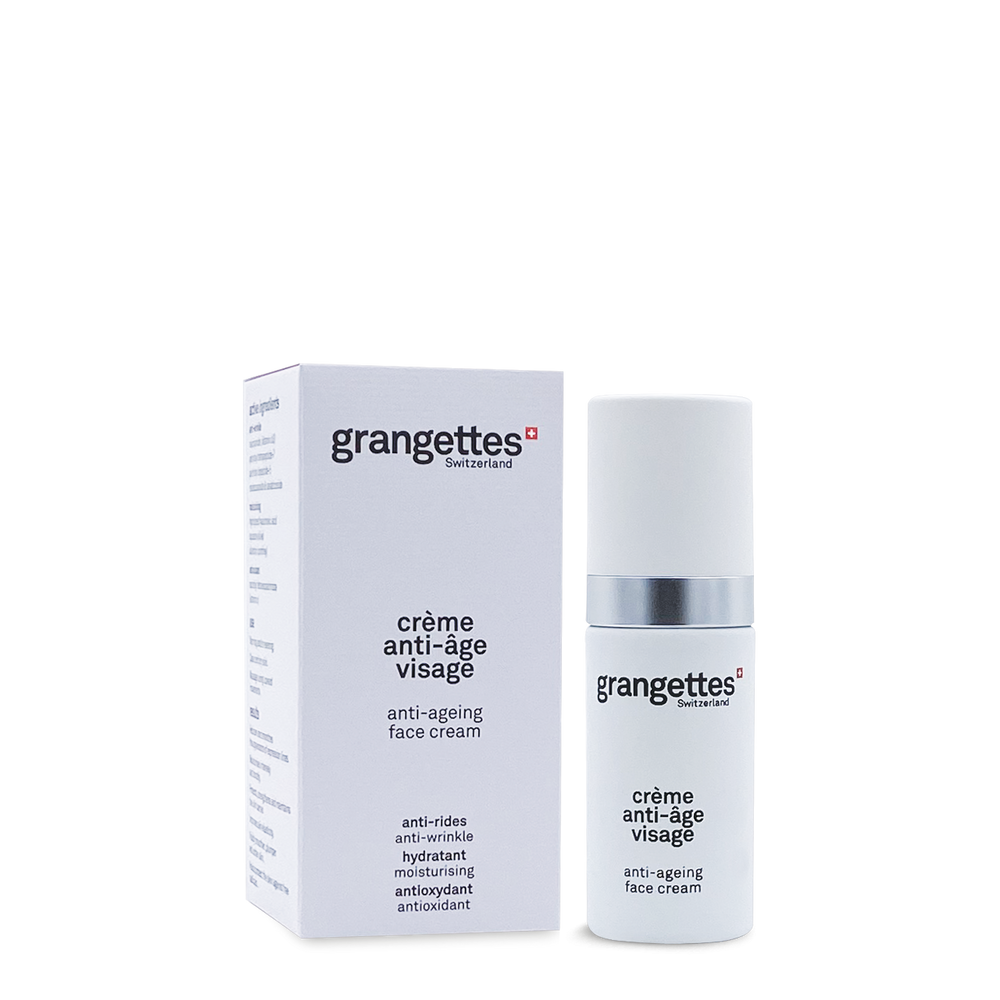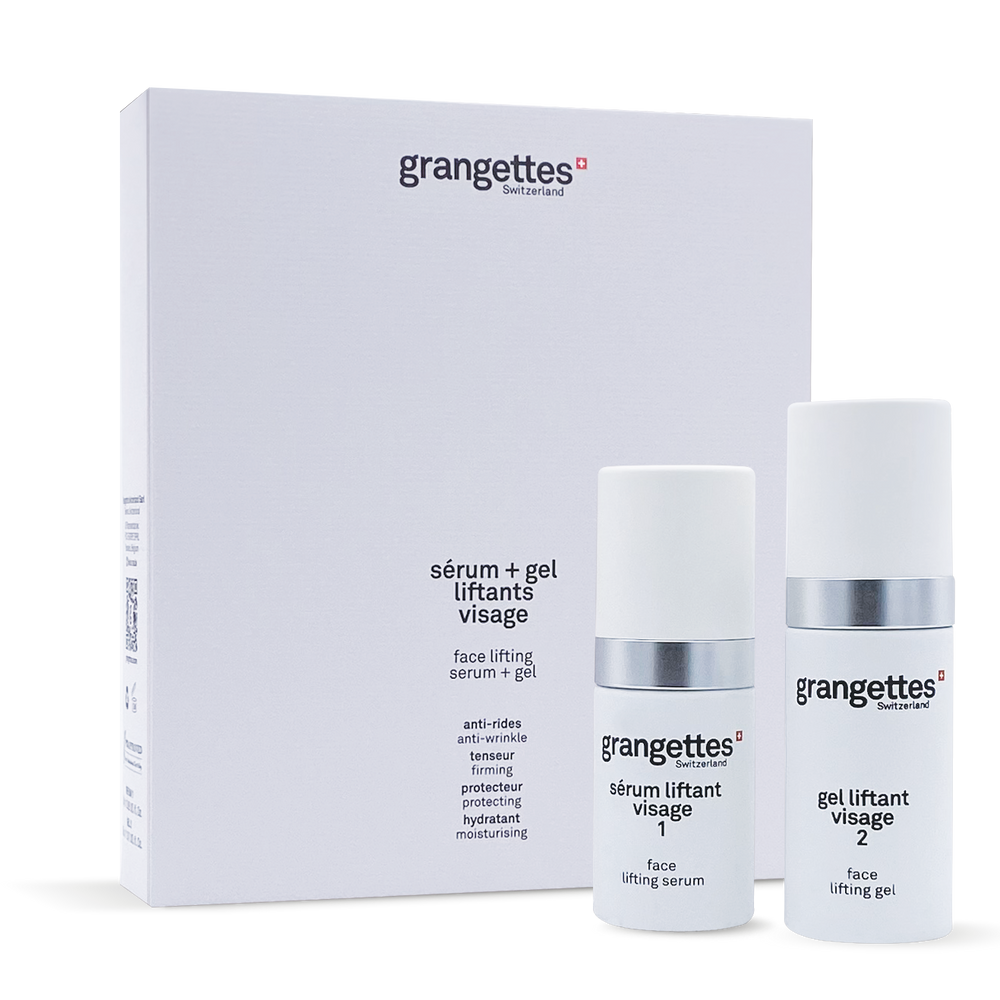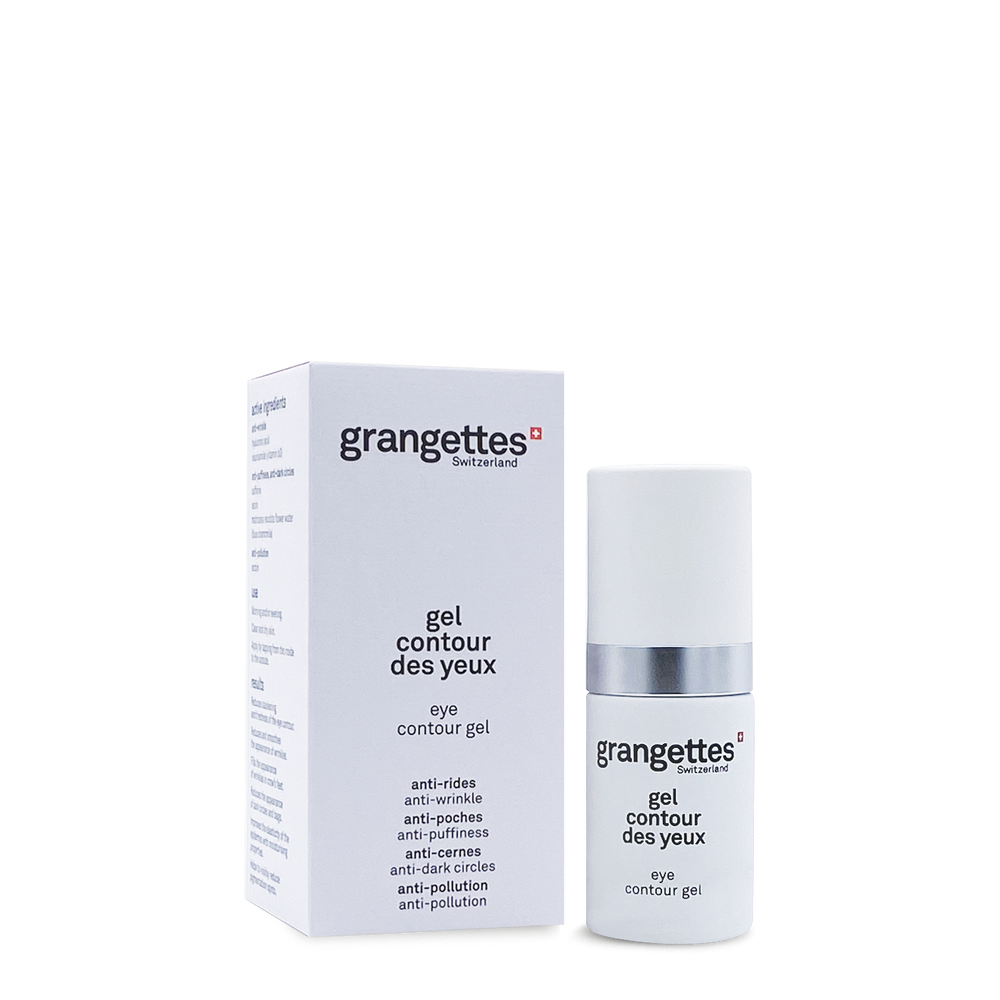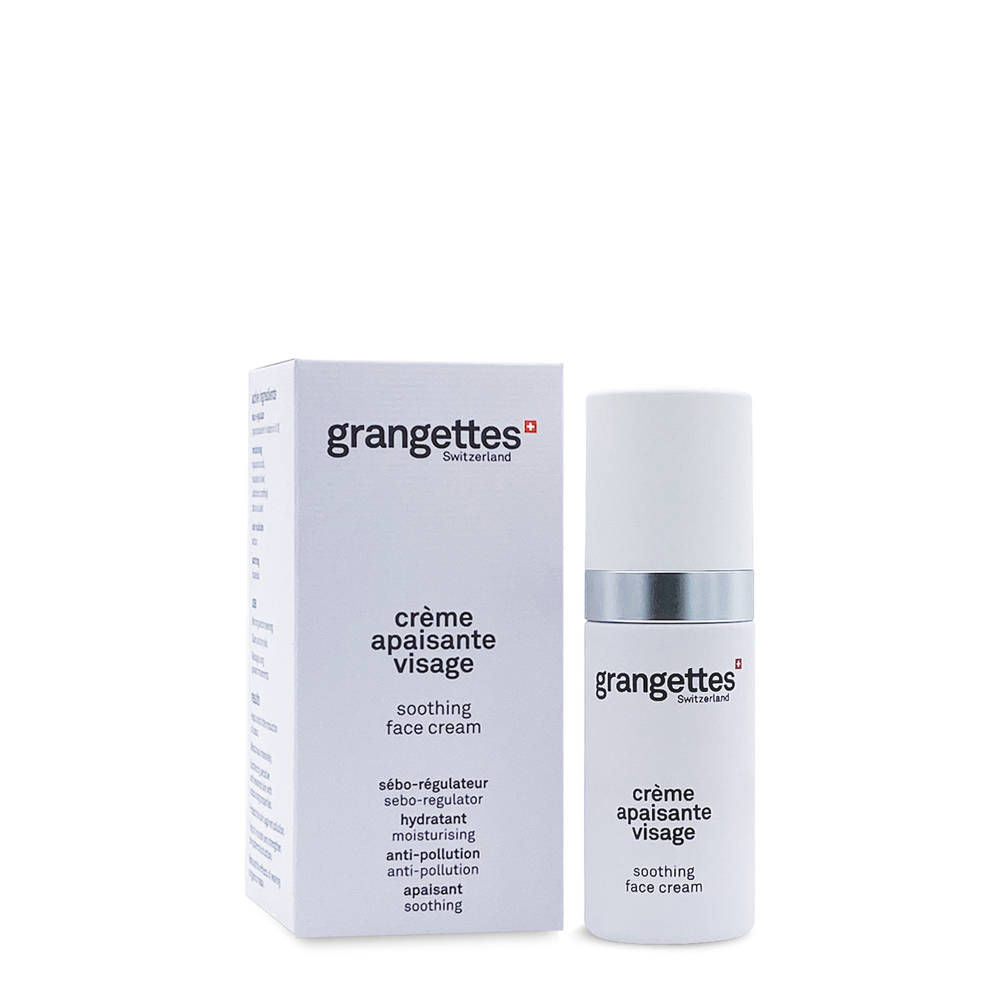Understanding the role of collagen in the skin
Collagen acts as a kind of "glue" that keeps skin firm and elastic. It helps you keep:
- Younger-looking skin : Collagen helps reduce wrinkles, fine lines and visible signs of skin aging . By stimulating collagen production, you improve the overall texture of your skin, making it smoother to the touch;
- Better hydrated skin: collagen maintains the hydration of the dermis, acting as a barrier that retains water in the skin cells. Your skin is more supple and softer. But that's not all: this protein also acts to prevent dryness and skin discomfort;
- Firmer skin: Thanks to collagen, the skin regains its ability to tighten and bounce back. You thus reduce skin sagging;
- Regenerated skin: collagenpromotes the production of new skin cells, which contributes to regeneration and better healing of the skin.
Factors that inhibit collagen production
With age, exposure to the sun, pollution , and even stress, the structure of the skin changes:
- UV exposure: ultraviolet rays damage collagen fibers, leading to premature degradation;
- Smoking : Cigarette smoke generates free radicals, which attack collagen and reduce its production;
- Oxidative stress: pollution, diet, and anxiety induce oxidative stress, which reduces collagen production;
- Natural aging: collagen production naturally decreases with age, by approximately 1% per year after the age of 20.
Therefore, stimulating collagen production is essential to maintain young and healthy-looking skin.
Where does the collagen found in cosmetics come from?
Collagen is found in many skin care products. Typically, it comes from three main sources: animal, synthetic, and plant-based.
Animal collagen
Animal collagen is often derived from animal by-products such as bovine skin and bones, fish bones and scales (this is called marine collagen), or the skin and cartilage of pigs.
Synthetic collagen
Synthetic collagen is created in the laboratory from amino acids that mimic the structure of natural collagen. These forms are often purer and make it possible to avoid the use of animal products, thus responding to the growing ethical and environmental concerns of consumers. This method often involves the use of genetically modified bacteria or yeast to produce collagen proteins.
Within anti-aging creams , we find synthetic collagen in the form of collagen peptides. These are small chains of amino acids derived from collagen that, thanks to their molecular size, easily penetrate the skin and help boost the synthesis of natural collagen.
Plant collagen
Some cosmetic products marketed as "plant collagen" contain ingredients that mimic the effects of collagen or stimulate its production. These alternatives are often made from plant extracts, algae.
Boost collagen production through diet
Diet plays a crucial role in the production of collagen. Certain nutrients are essential to support and stimulate its synthesis:
-
Vitamin C: it is involved in binding collagen fibers, strengthening them. Citrus fruits, peppers, berries, broccoli and spinach are excellent sources of vitamin C;
-
Zinc and copper: these minerals help in the formation and stabilization of collagen. They are found in seafood, nuts, and seeds;
-
Omega-3 fatty acids: they are present in fatty fish (salmon, mackerel, etc.), flax seeds and walnuts, and help protect the skin against inflammation and maintain its elasticity;
-
Antioxidants : They protect the skin against free radicals, which can break down collagen. They are found in berries, green tea , dark chocolate, and green vegetables.

Supplements to boost collagen in the skin
supplements that help increase collagen production are becoming more and more popular. Among the best known, we find in particular:
-
Vitamin C : Taking vitamin C supplements can be especially helpful if your diet does not meet all of your needs;
-
Hyaluronic Acid : Although it is best known for its moisturizing properties, hyaluronic acid also helps stimulate collagen production by retaining moisture in the skin, which promotes an environment conducive to the manufacture of new fibers;
-
Antioxidants: coenzyme Q10 and astaxanthin protect collagen from damage caused by free radicals.
Cosmetic treatments to stimulate collagen production
Certain creams and serums can help stimulate collagen production directly in the skin. To do this, you can search for different ingredients in cosmetics...
Retinoids
Retinoids (vitamin A), and in particular retinol, are among the most effective ingredients for stimulating collagen production. They accelerate cell renewal and promote the production of new collagen fibers.
The peptides
Peptide -based skincare promotes communication between skin cells, stimulating collagen production . Peptides are often found in anti-aging creams and serums .

They are found in particular in the Grangettes anti-aging cream , which acts to firm and smooth the surface of the skin, as well as in the serum and lifting gel , to strengthen the elasticity of the epidermis.
- Regular price
- 42,50 €
- Regular price
- Sale price
- 42,50 €
- Unit price
- per
- Regular price
- 85,00 €
- Regular price
- Sale price
- 85,00 €
- Unit price
- per
Hyaluronic acid
Hyaluronic acid helps in soft tissue growth, prompts your body to produce more collagen and elastin, and keeps your skin hydrated. It also prevents tightness , increases skin elasticity , and reduces scarring.
Vitamin C
In addition to being beneficial internally, vitamin C applied to the skin as a serum helps stimulate collagen production. It also has a lightening effect on pigment spots .
Niacinamide
Niacinamide helps improve skin texture by stimulating collagen production and strengthening the skin barrier. At Grangettes, you can find it in several products such as:
- Eye contour gel : it improves the elasticity of the skin, for a rejuvenated look;
- The soothing cream : it firms and softens the skin, while keeping it perfectly hydrated;
- Anti-aging cream : the combination of its active ingredients helps to structure and reconstitute the extracellular matrix of the skin.
- Regular price
- 40,20 €
- Regular price
- Sale price
- 40,20 €
- Unit price
- per
- Regular price
- 40,20 €
- Regular price
- Sale price
- 40,20 €
- Unit price
- per
- Regular price
- 42,50 €
- Regular price
- Sale price
- 42,50 €
- Unit price
- per








